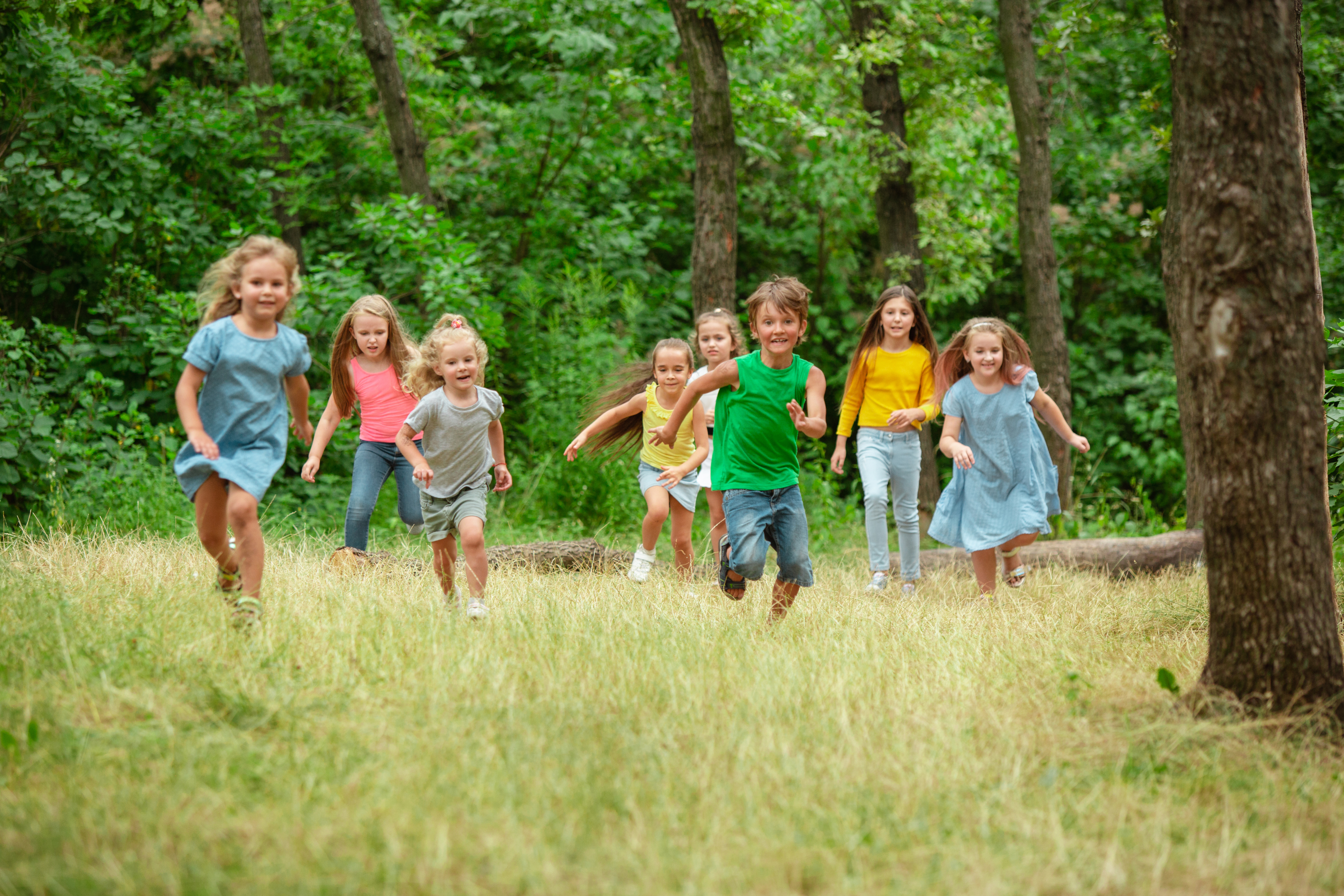What is a dangerous heart rate for a child (NHS)?


Normal resting heart rate is an important indicator of cardiovascular health in kids.

The child's heart rate (pulse) and blood pressure vary all day. In the most straightforward words, the heart rate is the number of heartbeats per minute. One thing unique about heart rate in children is that it varies from child to child, and even two children of the same age and physique can have different heart rates.
The heart rate can give you information about the internal environment of the baby. To understand the dangerous heart rates, you must know the normal heart rate of children.
The heart rate is calculated in a sitting state (resting heart rate). As mentioned earlier, it is a function of age and tends to decrease with age until it is stabilised after ten years of age. The normal range of heart rate in children is; (beats per minute)
Normal: 100-180
Sleeping: 80-160
Normal: 80-110
Sleeping: 60-90
Normal: 70-110
Sleeping: 60-90
Normal: 65-110
Sleeping: 60-90
Normal: 60-90
Sleeping: 50-90
Healthcare professionals recommend that the heart rate should fall in this range even when the rate is high (high range). The heart rate can be checked at various places, e.g., inside of the elbow, wrist or side of the neck. A heart rate higher than this range is dangerous. But why the heart rate can be higher?
The physiology of heart rate in children is similar to that of adults. It varies depending upon;
A higher heart rate doesn't necessarily mean heart disease as it can also be higher in excitements and uncomfortable situations. However, the following factors have a marked effect on the rate:
Keep in mind that as the child's heart rate is higher than adults, its response to stress will also be more pronounced than that of adults.
However, medical attention is immediately required if the higher heart rate is coupled with troubled breathing (higher respiratory rate) or chest pains. As a rule of thumb, ''if the heart rate is too fast to be counted, you should seek immediate medical assistance''. A higher heart rate during sleep, signs of lethargy and fainting should also be considered dangerous.

You should rush to the nearest healthcare professional if your child's pulse is consistently higher. Count the beat by yourself and inform the paediatrician on the telephone. If it is too high to be counted, don't waste more time on further assessment as it could be a sign of dangerous medical conditions. Develop an understanding of NICE clinical guideline (s) about the initial management of heart diseases.
For a full range of blood tests and medications, visit our Welzo Online Pharmacy Page.









